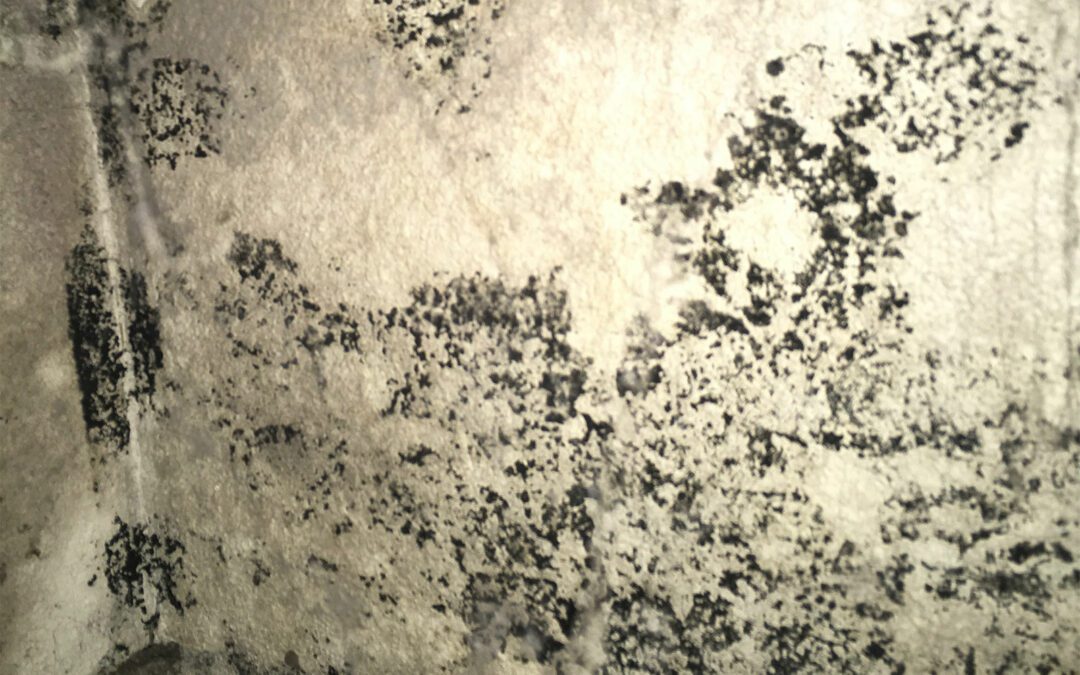Property manager and homeowner’s responsibilities for mold disclosure
Since mold is such a prevalent issue in California, homeowners, property managers, and landlords have certain obligations related to mold growth in your property that are known as California mold disclosure laws. In California, landlords are responsible for maintaining safe living conditions for their tenants called an ‘implied warranty of habitability’ for every lease in California. Unfortunately, mold breaches this implied warranty and as such, mold needs to be remediated immediately.
What are California’s state laws about mold disclosure?
The Toxic Mold Protection Act of 2001 (California Health and Safety Code §§ 26100 –26156)
According to the Toxic Mold Protection Act of 2001 landlords are required to provide tenants with a mold disclosure before a lease is signed. With that, mold disclosure requirement is applicable under the following conditions:
- A unit has an excess of mold,
- Mold exceeds permissible limits, and
- Mold poses a health threat to the tenant
Issuing a verbal warning to prospective tenants is not enough and landlords are required to provide their tenants with all this information “in writing”. Since 2016, California has included mold in its State Housing Law and legislation has deemed visible mold as a health and safety concern, and it is enforceable as substandard housing.
How long do property managers have to remove the mold?
According to California law, landlords and property managers have thirty (30) days to remove mold after being notified by a tenant. As far as the mold removal process, landlords are required to rid not only visible mold, but underlying issues that may be causing the mold issue. For example, if mold is being caused by leaky plumbing, the landlord is responsible for not only cleaning up the mold but fixing the leak, as well.
What are tenants’ responsibilities for mold issues?
Tenants are responsible for maintaining a clean and damp-free living space as much as possible. Tenants should always immediately notify their landlord or property manager if:
- Sinks, toilets, and other appliances overflow,
- Windows are not able to stave-off rain water,
- Their living space lacks proper ventilation, and
- A dehumidifier is necessary to maintain a damp-free home
Additionally, daily house wear and tear is not a landlord or property manager’s responsibility.
Are landlords responsible for mold issues caused by tenants?
If a landlord suspects tenants of causing a mold outbreak, the landlord can deduct the costs of mold remediation from the tenant’s security deposit. If a landlord or property manager believes a departing tenant caused a mold problem (beyond ordinary wear and tear) in an apartment or rental unit, they may deduct cleaning costs from the tenant’s security deposit. Per California law, landlords are allowed to do this as long as they provide the tenant with a written explanation of the mold damage costs (along with any other claimed damages) within 21 days of the tenant’s lease termination. If the costs for the mold remediation total less than the security deposit, the landlord or property management company must return the remainder of the deposit to the tenant along with the written documentation of damage deductions. (Cal. Civ. Code § 1950.5(g)(1) (2021).)
If you believe your residential or commercial property contains excess mold, you should consider having a mold inspection performed on your property. The licensed and professional technicians at Rarefied Air Environmental can determine if your property contains excess mold and whether that mold poses an imminent health risk to you or your tenants. We’ll even help you create a mold cleanup plan to share with your mold removal company. Contact Rarefied Air Environmental today to learn more about mold testing in San Diego.

